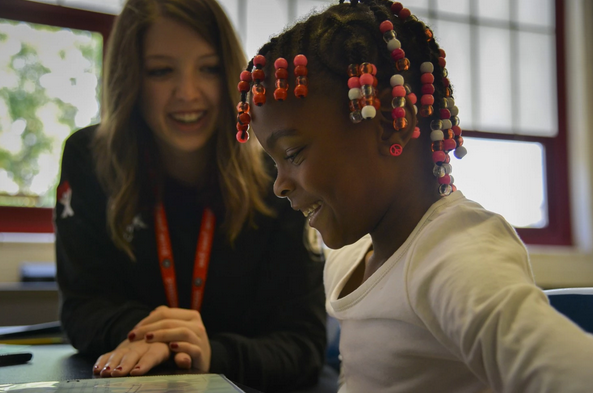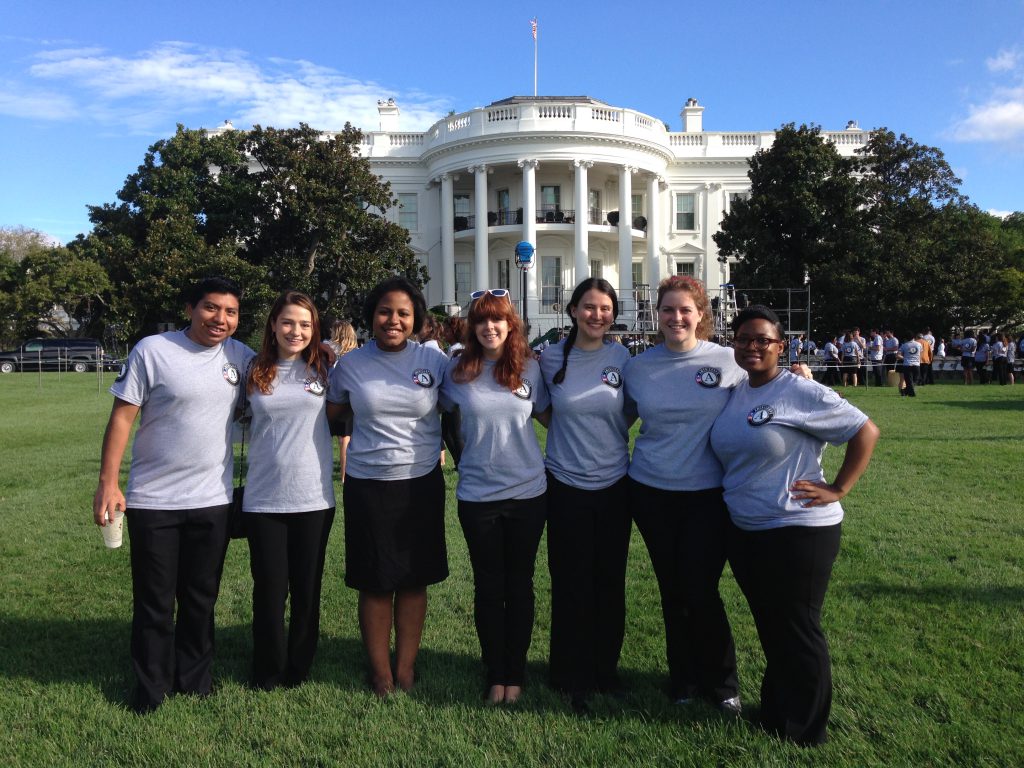
EXPLORE OUR WORK
Learn how you can give the best to those who need it most.
We’re excited that you are interested in becoming a tutor with The Literacy Lab. Learn more about our program and commitment requirements by signing up for a live webinar. If you are ready to join the team and make an impact, our application is linked below.
Benefits & Commitments
What We’ll Ask of You
How You’ll Grow
Financial Benefits
Resources to Review
For more details on how you’ll invest in your community and the benefits you can expect to receive, please review our Year at a Glance, What is the Segal Education Award?, and AmeriCorps Benefits.
Apply Now for 24-25
If you have additional questions after reviewing our information, please contact recruitment@theliteracylab.org.

Selection process outline
1. Online application
First, prospective tutors fill out an online application that includes work and education history and a short essay question.
3. Introductory Phone Interview
At the same time that references are requested, qualified applicants will be invited to sign up for a phone call with a member of our staff. This 20-25 minute phone conversation allows us to will review the applicant’s knowledge of the program, confirm eligibility, learn about applicants interest in our programs, share logistics about joining our team, and answer applicant questions.
2. References
Within 5-7 business days following application submission, qualified applicants will be asked to submit contact information for two professional references. References will immediately receive an email requesting that they complete a brief online reference form.
4. Final Interview
Applicants who are selected for a final interview will answer a series of detailed questions and will complete a brief mock assessment and mock intervention. Materials for the Final Interview will be sent ahead of time and also outlined during the Introductory Phone Interview.

